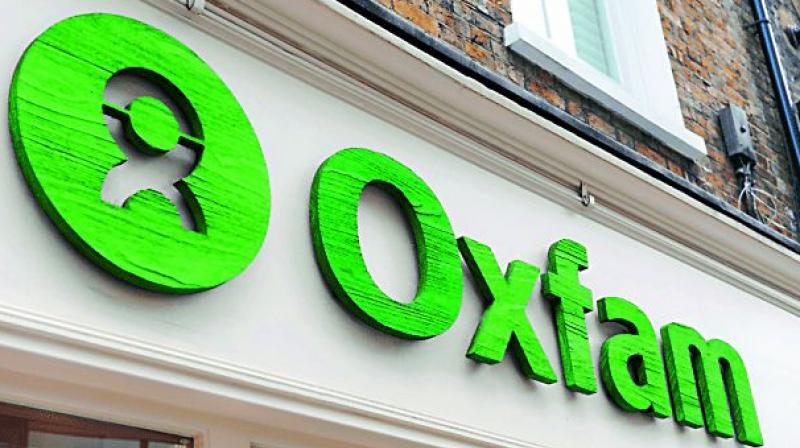Brands work ethically if civil society acts unitedly
An alliance of labour unions and civil society, the Clean Clothes Campaign (CCC), is up against unlawful acts by brands in the garments sector.

Every brand has a story to tell, so said some marketing experts. What the experts failed to share is that most brands also have stories to hide. These are the stories of unjust, unlawful treatment of those who create products which are wrapped up in illusions of comfort, grandiosity and pride of possession called “brand” and sold to beguiled consumers. But as long as hope is alive in human hearts, the battle between the brands and those who expose the brands will continue.
The key point is: these battles are spurred by the alliances formed in developed countries in solidarity with people — workers, trade unions and civil society — in developing countries who are often often the victims of the brands’ greed. The alliances lobby Western governments and international bodies, mobilise consumers and push brands to respect workers’ rights and earn a positive image through affiliations and compliance.
Behind the Brands is a campaign launched by Oxfam to “help create a world where everybody has enough to eat”. The initiative has resulted in over 700,000 actions by people from all over the world demanding from the top 10 food brands that they improve their policies vis-a-vis labour rights, human rights and the environment. The top 10 companies allegedly involved in land-grabbing, environmental destruction, paying low wages, ignoring dangerous working conditions and using child labour are now trying to improve their score on key issues monitored by Behind the Brands.
The Ethical Trading Initiative is taking concrete actions to ensure fundamental human rights, transparency and accountability in the global supply chain through membership-based partnerships with companies, trade unions and civil society organisations. An important component of the ETI is its lobbying with the UK government to promote ethical trade and labour compliance in the public sector procurement of products and services. The Fair Labour Association, another alliance, is tackling abusive labour practices by the brands. The International Labour Rights Forum has addressed the issue of child labour in cocoa, tobacco and palm oil production in global supply chains. The Worker Rights Consortium, developed by students of 140 colleges and universities in the US, monitors conditions in factories producing for major brands, investigates and issues public reports.
An alliance of labour unions and civil society, the Clean Clothes Campaign (CCC), is up against unlawful acts by brands in the garments sector. It runs campaigns in 15 European countries, with a network of more than 250 partner organisations around the world. The alliance pressurises brands to ensure decent work conditions in the supply chain — living wages, minimum working age, gender equality, safety and health, right to form unions and collective bargaining — and holds the brands accountable for their misdeeds.
In 2013, international labour alliances played an instrumental role in mobilising the brands to sign a five-year Accord on Fire and Building Safety in Bangladesh, a legally binding agreement between 151 global apparel brands and retailers across 21 countries, eight Bangladeshi trade unions, two international trade union federations and four international labour alliances, including the CCC.
Signed in the aftermath of the Rana Plaza building collapse and based on a strict plan of action, the accord was supported by brands like PVH Corp, Calvin Klein, Tommy Hilfiger, Abercrombie and Fitch, American Eagle, H&M and Adidas. By April 2018, more than 1,600 factories had undergone the inspection and remediation process to make the premises safe and healthy. A follow-up accord signed in May 2018 will continue and complete the process in 2021.
In Pakistan, the CCC played the key role, along with the Pakistan Institute of Labour Education and Research, in making the German retailer KiK Textilien pay long-term compensation to the affected workers’ families of the 2012 Baldia factory fire. A lifelong pension scheme matching ILO standards, which materialised in 2018 after a long struggle, has set a global precedent for ensuring accountability of brands and retailers in the garments industry. The achievement that came about through the alliance between local, national and global stakeholders has established that collective struggles — cross-border and cross-continents — are essential to push brands to ensure workers’ rights.
By arrangement with Dawn

